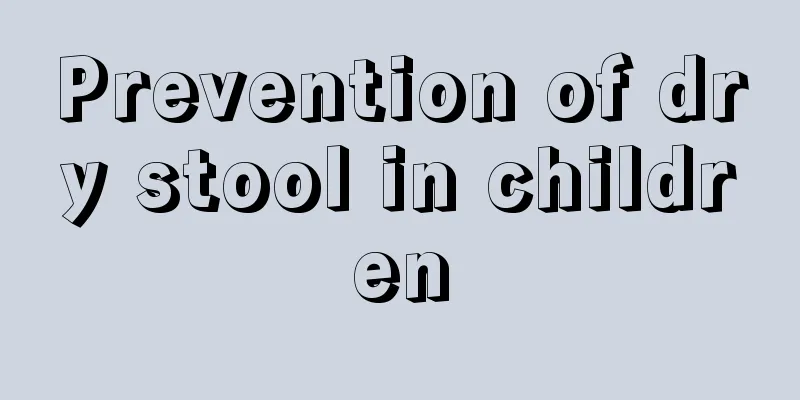What is the reason why babies sweat and wet pillows when sleeping?

|
Babies sweat a lot when they sleep, even their pillows are wet with sweat. In fact, we should be careful to distinguish this situation, because sometimes excessive sweating is actually physiological hyperhidrosis. Generally, this is a normal phenomenon and there is no need to worry too much, especially if the baby eats high-calorie food before going to bed, or is active and lively, and excessive warmth can lead to excessive sweating. However, if the baby suffers from some diseases, such as infantile rickets or tuberculosis, he may also have symptoms of hyperhidrosis. 1. Physiological hyperhidrosis 1. Lively and active. Children are active and lively, so they generate a lot of heat. The heat that cannot be discharged from the body accumulates in the body. During sleep, the heat generated by the human body decreases. In order to maintain a normal temperature, the body dissipates heat by sweating. 2. Eat high-calorie foods before going to bed. If you eat high-calorie foods before going to bed, such as chocolate, candy, etc., heat production will increase after you fall asleep, and the body will begin to dissipate heat, the main way being sweating. 3. Over-warming. Many parents are afraid that their children will catch a cold, so they cover their children with thicker and more quilts. But in fact, the baby is in the stage of growth, the metabolism is very fast, and the baby is covered very tightly and is exposed to overheating. The body can only regulate the body temperature by sweating. 4. Environmental reasons. Children are more likely to sweat when the room temperature is high or it is stuffy and the air circulation is poor. 2. Pathological hyperhidrosis 1. Rickets in infants. Due to the influence of underlying diseases, the baby's head sweats more, the baby sleeps uncomfortably, and the head contacts and rubs against the pillow, forming a ring-shaped hair loss phenomenon on the pillow. When seeing these phenomena, parents should be careful, as these are early signs of rickets in infants, and they should supplement their babies with VD and calcium in time. 2. Tuberculosis. If the baby sweats in addition to the first half of the night and also experiences this phenomenon in the second half of the night, and is accompanied by weakness in the limbs, loss of appetite, flushed face, low fever, etc., it is most likely tuberculosis. Parents should take their babies to the hospital for examination in time. 3. Heart disease, diabetes, etc. If your baby suffers from night sweats or cold sweats on his hands and feet for a long time, it may be caused by underlying medical factors. Parents should take their children to a doctor as soon as possible to find out the cause. |
<<: What is the reason for the baby to hold back his blushing face?
>>: What causes heavy breathing when sleeping?
Recommend
Raw Juice Life makes babies love fruits and vegetables
Vegetables and fruits are important sources of nu...
How to care for newborns with viral colds
Because newborns have just left their mother'...
What to do if your baby farts a lot and smells bad
Many female friends have no experience in giving ...
What to do if you have urine leakage after giving birth
After giving birth, many new mothers do not pay a...
What to do if your 4-year-old child drools
Children may develop various bad habits. Recently...
Is nebulization effective in treating children’s cough?
Whenever the seasons change and the weather chang...
Treatment for a baby with one big eye and one small eye
When a baby has one big eye and one small eye, ou...
Can children eat breakfast during physical examination?
Physical examination is a very important activity...
The child vomits suddenly
Children's bodies are in a developmental peri...
Baby's intelligence at one year and two months old
The baby's intelligence is an issue that pare...
Symptoms of autism in two-year-olds
Newborn babies are developing in all aspects of t...
What kind of soup is good for children in summer
Summer can cause great discomfort to the human bo...
What is the cause of pimples on children's eyes?
It is quite common for children to have pimples o...
Causes of knee pain in children
We know that knees are of great significance to t...
What to do if your newborn rolls his eyes
Care for newborns must be comprehensive. New moth...









